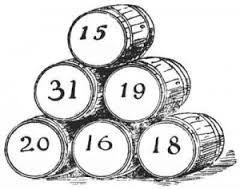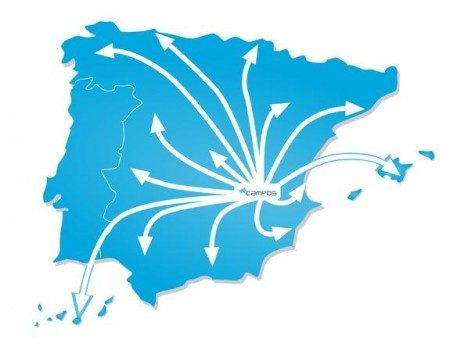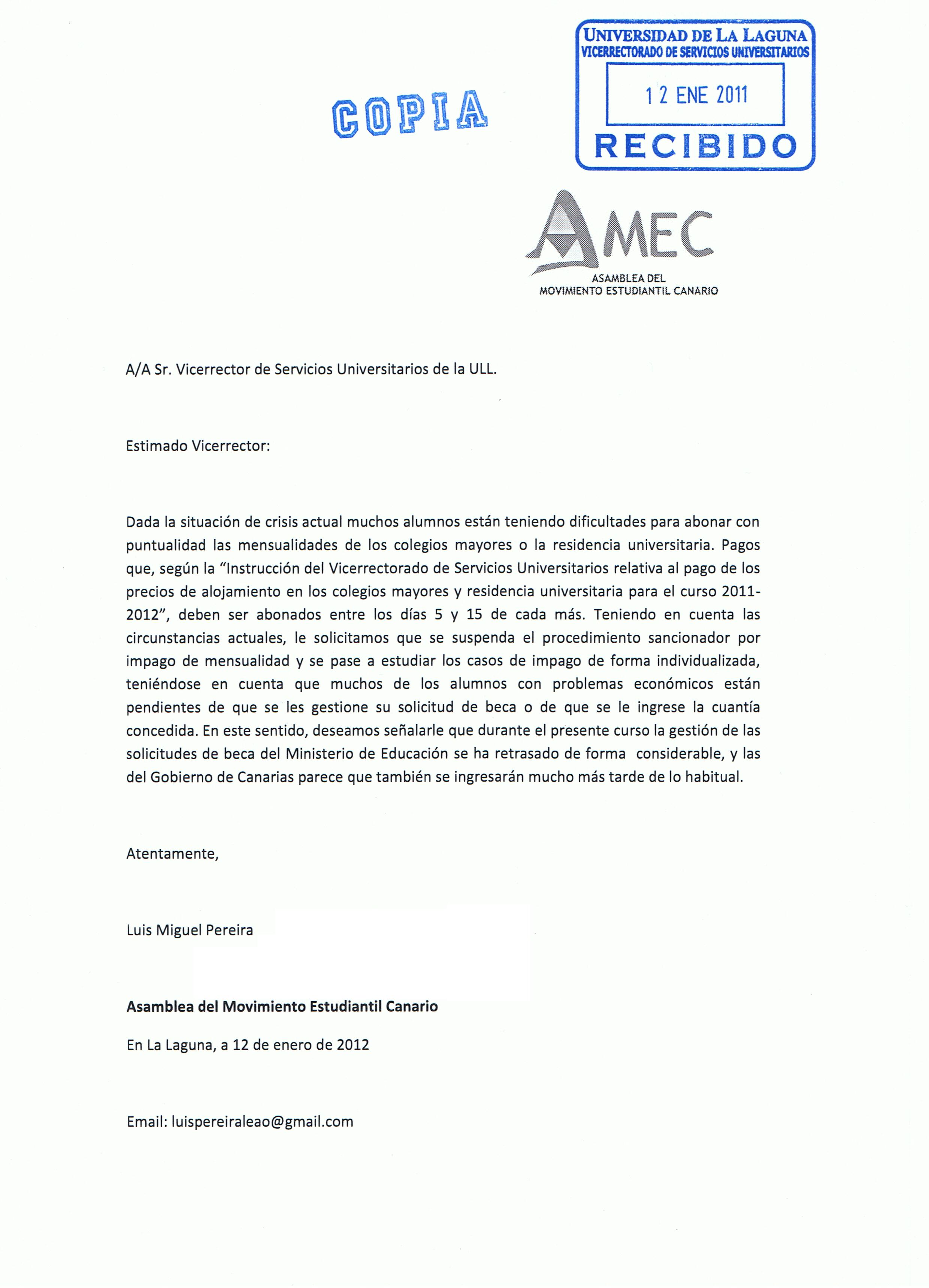Labor law is a relatively young branch of law compared to other branches since it only emerged in the twentieth century after many years of protests and demands from labor sectors that asked for better working conditions, stability and security. We cannot ignore that the Industrial Revolution had a lot to do with the development of these laws, because of course, the emergence of machines generated various problems between employees and employers that could never be resolved in favor of employees, especially when it came to of labor rights affected because there was no regulation that established the rights and obligations that each party had in the employee-employer relationship. At present, all jobs are subject to the conditions indicated in the employment contract signed by the employee and his employer, including the duration of the working day, the functions to be performed by the employee, the remuneration he will receive, among the main ones. Meanwhile, labor legislation will be contained in the workers' statute where each of the conditions to be met and respected by the worker, the employer and the state are set out, which also has its part in this, especially in what corresponds to ensure that these regulations are complied with in a compliant manner, and when guarantees and assistance are not offered so that the worker or the employer can claim for it. Labor legislation is extremely important and workers are always recommended to know it in order to claim what corresponds to them but also to know what their obligations are towards whoever employs them. We understand labor legislation as that set of laws and regulations that aim to regularize work activities, either with regard to the rights of the worker, as well as their obligations and the same for the employer.
We understand labor legislation as that set of laws and regulations that aim to regularize work activities, either with regard to the rights of the worker, as well as their obligations and the same for the employer. Norms that regulate labor relations and everything inherent to work and its contingencies
The relevance that the employee and employer know and respect this regulation
Labor law differentiates two instances: individual law and collective law.
While the first represents everything that has to do with the particular rights of the employee or worker, for example, the number of hours, the minimum wage, possible licenses, etc., the collective right has to do with the figure of the labor union.
The union arises as an association that watches over the rights of workers and the right to strike
The union is a social organization that arises to defend the rights of workers in a specific branch or labor area and today it is considered a right of workers to group together within one of these unions in order to see their rights fulfilled.
Along with the figure of the union, the strike or protest law is also established in collective labor law.
When a worker or his union is not satisfied with the working conditions, for example with the remuneration received or with some other situation such as the lack of job security, they can carry out a strike, which consists of the cessation of work activities for a period of time that the guild will decide.
It is often accompanied by mobilizations towards the ministries or labor secretaries with the mission of bringing and making the claim visible to the authorities of the country.
Knowing the labor legislation serves the worker to be able to claim their rights in the event that they are not complied with.
In this sense, it establishes some very important elements when starting an employment relationship: the need for it to be voluntary (that is, that neither party can be forced to maintain that relationship, as happens by example with illegal, slave or servile forms of work), remunerative (which refers to the fact that for a certain type of activity, the worker must be remunerated in some way with a payment), dependent (this establishing an unbreakable relationship between both parties , relationship that makes the worker depend on the employer to receive a payment and the employer depend on the worker to obtain a fruit or result of his action).
Prohibition of child labor and any other issue that threatens the stability and widow of the worker
We must say that there are forms of work that are absolutely prohibited, and for example, punished in the labor legislation, although, unfortunately, they have not been able to be definitively eradicated from the world, such is the case of child labor, precarious working conditions to which they some workers are subjected, and the days that exceed eight hours of daily work.
In underdeveloped countries, child labor is a very present reality that hurts, because instead of playing or learning at school, children are working to survive and help their hyper-poor families.
In this particular case, the states must address the triggers of this situation in order to eradicate child labor, such as poverty.









